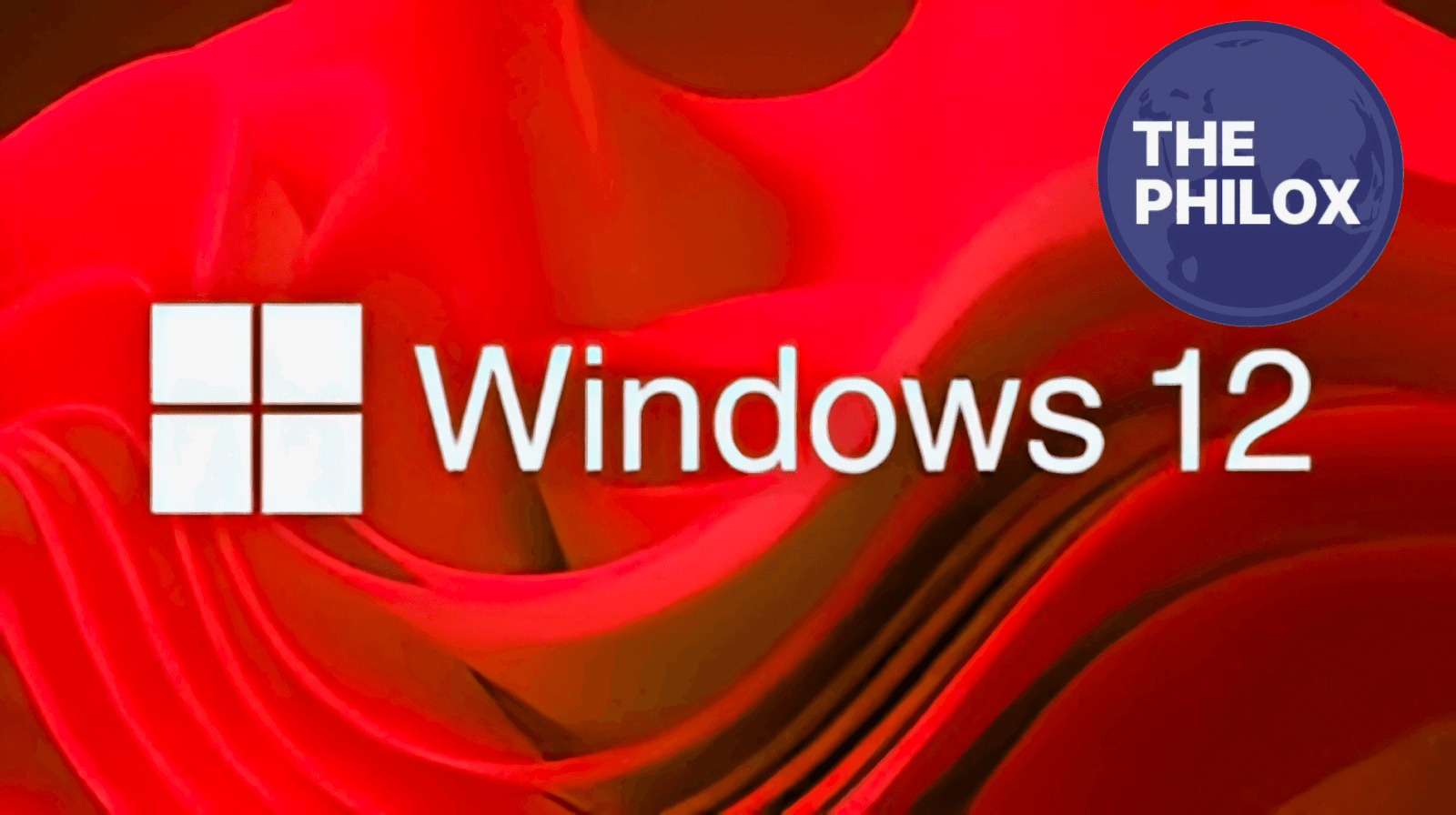With growing conjecture about the introduction of Windows 12, Microsoft’s operating system road map seems to be quickening.
Microsoft has already hinted subtly about its next-generation OS even though Windows 11 is still in its development stage.
Leakers, analysts, and tech aficionados have combined several hints pointing to the software behemoth getting ready for yet another big release.
Rumor has it that Windows 12 has transforming capabilities including cloud-centric operations, deep artificial intelligence integration, and a whole fresh design philosophy.
Should these speculations be accurate, this represents among the most important changes in Windows history. Why, though, is Microsoft rushing toward another OS release? And what fresh ideas Windows 12 will bring?
From insider leaks to Microsoft’s prospective future vision for Windows computing, this paper delves deeply into all we now know.
The hints: How Microsoft is suggesting Windows 12
Although Microsoft has not formally revealed Windows 12, multiple hints point to ongoing development:
1. Intel mentioned Windows 12
Intel, which unintentionally mentioned support for Windows 12 in connection with its next CPUs, presented one of the strongest signals.
Further supporting the assumption that Microsoft is likely to have a significant release soon is reports implying that Intel’s new hardware roadmap is being tuned for a next-generation Windows OS.
2. Recent UI and feature experiments by Microsoft
Microsoft has been experimenting with major UI changes in Windows 11, many of which appear like stepping stones toward a more extensive revamp.
leaked concept photos and developer builds imply that Windows 12 would embrace a modular and cloud-powered interface, maybe mimicking Linux-based distributions in flexibility or macOS.
3. Windows 11 Update Cloud Integration and AI
Many think Windows 12 will be a totally AI-driven OS as recent Windows 11 updates include additional AI-powered tools like Copilot and improved search capabilities.
Furthermore suggesting a change toward a mixed local-cloud approach is the growing reliance on cloud computing.
4. The Three-Year Upgrade Cycle
Microsoft historically released Windows in an erratic pattern, but new data point to a three-year cycle becoming used once more. This schedule puts Windows 12 on path for a 2024-2025 launch since Windows 11 was formally launched in 2021.
What fresh capabilities should Windows 12 offer?
Although Microsoft has not revealed any specifics, multiple industry trends and leaks point to some major Windows 12 innovations:
1. AI-Driven Improvements
Windows 12 is going to be mostly composed of artificial intelligence. Microsoft wants to make computing more user-friendly from smarter search tools to an AI-powered assistant beyond the present Windows Copilot. Potential attributes include:
1. Workflow automation under AI assistance
2. Improved voice and gesture understanding
3. AI-driven file recommendations and organization
2. Cloud-First Method
Deeper cloud capability of Windows 12 lets users easily sync data, settings, and apps across devices. This can result in a hybrid OS paradigm whereby the system intelligibly balances local and cloud-based computing.
3. Customisable and modular UI
There might be a major overhaul coming forward that will let Windows 12 be more adaptable. By allowing users to disable or enable particular components, this modular approach could let them personalize their experience and help to lower system clutter and increase efficiency.
4. Improved Entertainment Value
Windows 12 is expected to have upgrades for gaming performance, maybe including greater DirectX enhancements, reduced latency streaming, and AI-powered frame generating, given Microsoft’s significant focus on gaming via Xbox and PC Game Pass.
5. Enhanced Security Protocols
With Windows 12 perhaps bringing improved biometric authentication, zero-trust security models, and artificial intelligence-based threat detection, security will be a big focus. Microsoft is anticipated to strengthen Windows Defender with additional proactive security capabilities given the increase of cyber threats.
Why is Microsoft sprinting toward Windows 12 so quickly?
Although some people could believe that Windows 11 is still in its early years, Microsoft could be quickening the release of Windows 12 for numerous reasons.
1. Apple’s and Google’s Competitive Pressure
Rising reliance on artificial intelligence and cloud-based computing drives Apple’s macOS and Google’s ChromeOS to change quickly. Microsoft aims to make sure Windows stays the most often used operating system by adding innovative capabilities that challenge its rivals.
2. The AI Revolution Growing
With AI being integrated into more aspects of digital life, Microsoft wants Windows to be at the forefront of this evolution. A new OS that is built from the ground up with AI capabilities could redefine how people interact with their PCs.
3. Addressing Windows 11’s Shortcomings
Although Windows 11 introduced several improvements, some users and businesses have been hesitant to upgrade due to compatibility concerns and system requirements. Windows 12 may provide a more refined experience that addresses these issues.
4. Advancements in Hardware Technology
As PC hardware continues to evolve, a more advanced OS is needed to fully leverage next-gen processors, AI accelerators, and cloud-based computing. Windows 12 could be designed to take full advantage of emerging hardware capabilities.
Potential Challenges for Windows 12
Despite the excitement, Windows 12 may face some obstacles, including:
1. Hardware Requirements
Windows 11 already had stringent hardware requirements, and Windows 12 may push the bar even higher, potentially leaving older devices behind.
2. User Adaptation and Learning Curve
Major UI changes could lead to user frustration, especially for businesses and enterprises that rely on a familiar workflow.
3. Subscription-Based Concerns
There is speculation that Microsoft might introduce a subscription-based Windows experience, which could face backlash from users who prefer a traditional one-time purchase model.
What Lies Ahead for Windows 12?
Although Microsoft has not made an official announcement, the clues strongly suggest that Windows 12 is on the horizon.
With AI-powered features, enhanced cloud integration, and a more flexible design, Windows 12 could mark a significant shift in how operating systems function.
However, its success will depend on how well Microsoft balances innovation with user needs.
Will Windows 12 be the OS that redefines computing, or will it face pushback like some of its predecessors? Only time will tell, but one thing is certain—Microsoft is preparing for the next big leap in its Windows journey.
As more details emerge, users and businesses should keep an eye on official Microsoft announcements and insider leaks to stay ahead of the curve.
Stay Connected and Share Your Stories
For all those inspired by stories of resilience and ambition, follow us on X/Twitter and on Instagram . For those with untold stories that you would love to share, please send them to contact@thephilox.com










The only thing i want i that Windows 12 will run NATIVELY on Apple ARM RISC CPU
Just like it was possible with Apple intel CPU & Bootcamp…
Come ‘on Microsoft, Open your EYES, the future belongs to RISC CPUs… Intel is nearly DEAD, AMD will follow and will only keep it’s GPU chipsets division…
And why i want it to run my Windows 12 on M4 and M5 and M6?
Because i was bored with Intel and AMD with their 5% progress, for their every next chipset génération…
Since i bought a Mac Mini M4 pro, 64 gigas and 4 teras SSD, everything is running MINIMUM twice faster than the most power X64 computer i had before. Plus, it costs me 60% Power consumption less !
Get ready to update it now